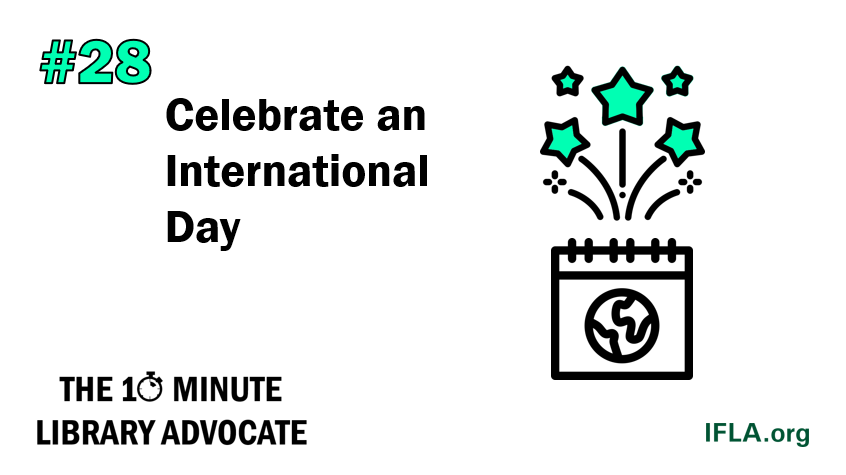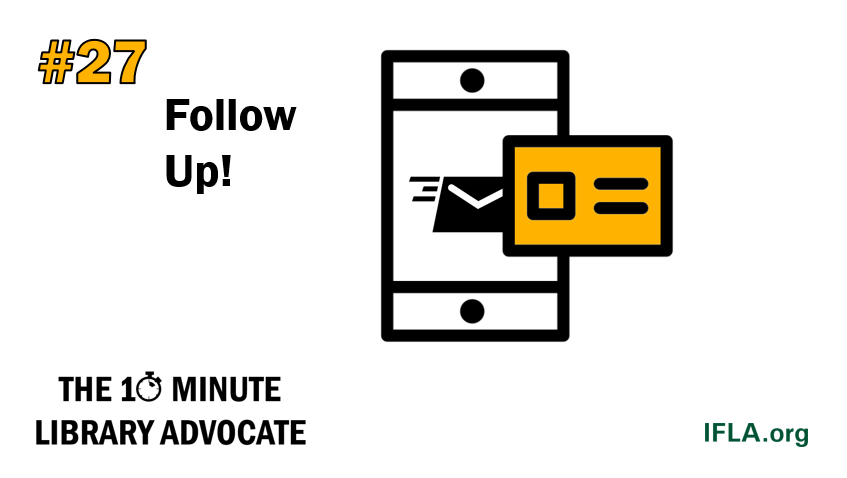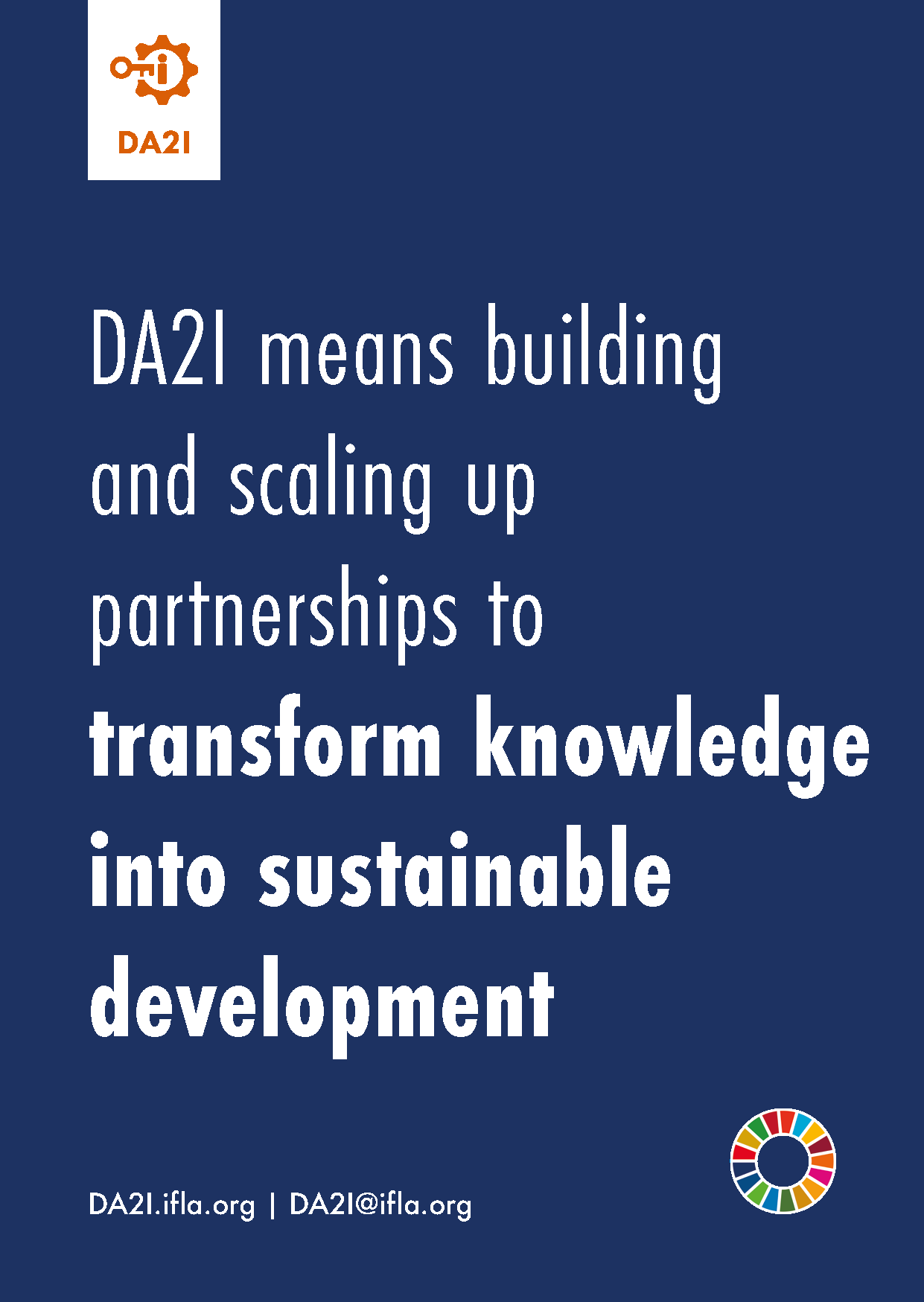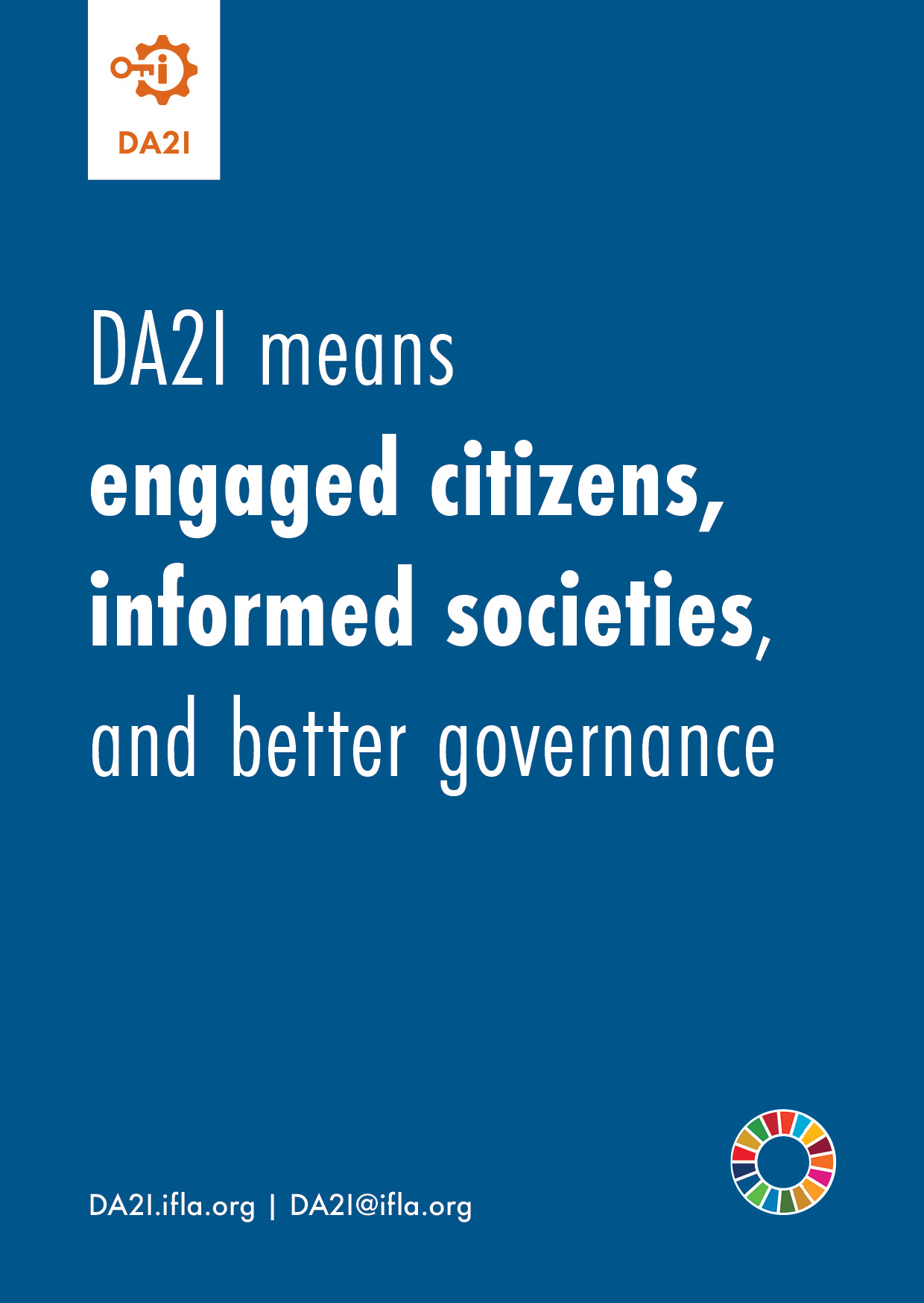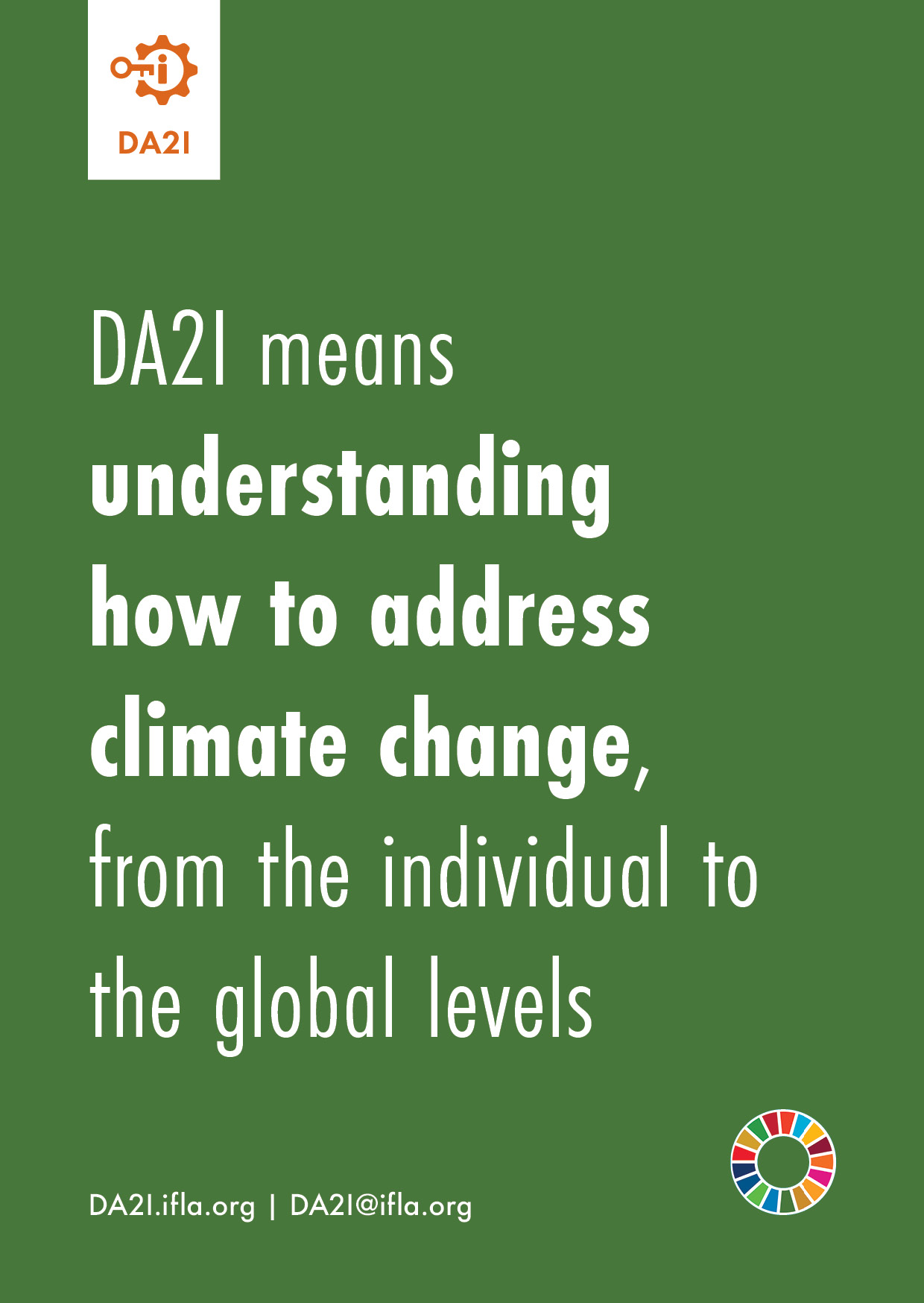It is a cliché to say that children are the future. However, what is certain is that the experiences of young people today will stay with them for years.
The skills they learn, and how they apply them, have the potential to shape the rest of their careers and personal lives, and the societies they live in.
This is why the United Nations has chosen to dedicate an international day to youth skills – World Youth Skills Day.
This blog explores the reasons behind this, and makes the case for focusing, in particular, on information skills. This, it concludes, is an area where libraries can make a crucial difference.
Why youth, why skills?
As the United Nations’ own website sets out, youth represent a major part of the world population. One in every six people on the planet is aged between 15 and 24 – that’s 1.2 billion people in total.
Such a huge population implies both major opportunities and major challenges.
Get things right, and there is a huge generation of people who are capable, confidence, and ready to tackle global challenges.
Get things wrong, and there will be a wave of young people who are disaffected, disconnected, and frustrated.
Currently, the risk of a negative scenario is high. Young people are almost three times more likely to be unemployed than adults, and face poorer quality jobs, greater inequalities and more insecurity.
As set out in the introduction, negative experiences in these formative years can have ‘scarring’ effects, leaving many young people permanently disadvantaged and disconnected, socially, economically and democratically.
The goal, then, of World Youth Skills Day is to underline the need to invest in helping youth make the transition from school into the labour market, from childhood to adulthood, and to become active and engaged citizens.
The growing need for information skills
It is perhaps another cliché to talk about the growing importance of the internet and information. Yet this is also a truth, not only when it comes to jobs, but also to broader social, cultural and civic life.
As highlighted in a previous blog, there is a risk of information poverty becoming a factor that reinforces income poverty.
Those who don’t have access to information, and the skills and confidence to use it, are more likely to struggle to find work or benefit from government schemes. They are less likely to be able to take the right decisions, or call for better conditions or laws.
They are also at greater risk of falling victim to some of the negative aspects of online life, such as a loss of privacy, cyber-crime, or the sharing of deliberate misinformation.
In short, if we are thinking about the skills that young people need in order to stay safe and succeed in future, information and digital skill are certainly an important part of the picture.
The contribution of libraries
This is where libraries come in, bringing two key advantages.
First of all, they can offer a valuable complement to the work of schools. In many situations, the education system has not kept up with the digital world. Young people may develop valuable knowledge of academic subjects, but nothing that can be easily operationalised.
In Kenya, for example, the library in Kibera complemented the work of skills by giving young people access to technology and skills training. This paid off in terms of better exam result, and the first ever admissions to prestigious national schools from the town.
For young people who have finished formal schooling, the library can be the only gateway to skills development.
Secondly, libraries have a particular expertise in the way that information is managed, shared and used.
While this has, in the past, primarily been applied to helping researchers choose between resources to use, there is a growing awareness that the ability to find, understand, evaluate and use information – information literacy – can be applied in all areas of life.
While this role is still developing, it is clear, in the US for example, that young people already see libraries as a place to come in order to make better use of information.
The success or not of efforts to support young people to make a successful transition to adulthood will have a major impact on our future economies, societies and democracies.
With an ever-greater role for information in all parts of our lives, the capability and attitudes to make best use of this must play a part in any comprehensive youth skills strategy.
Libraries are already working to make this a reality.
Happy World Youth Skills Day!
